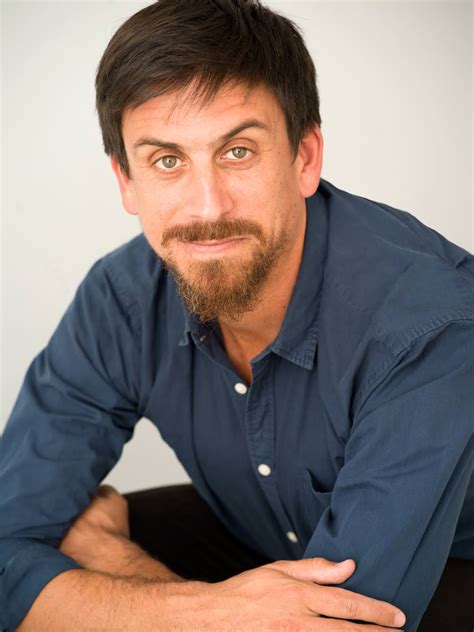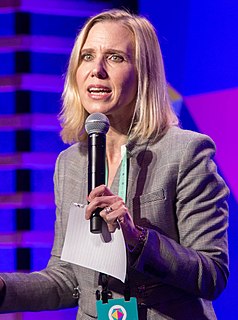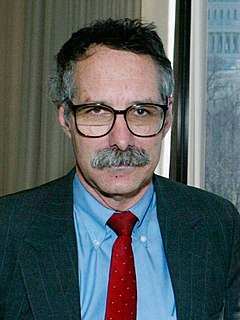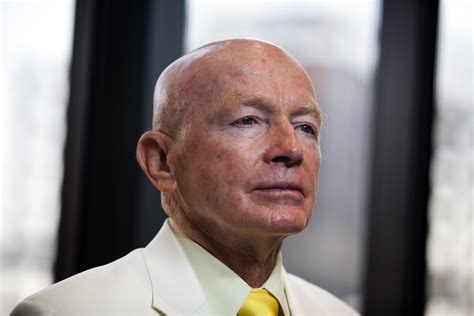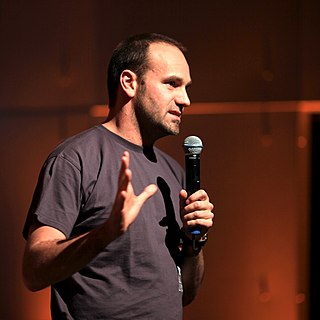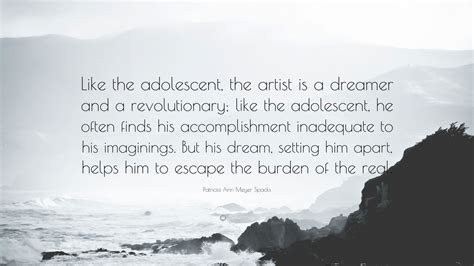A Quote by Howard Rheingold
The great power of the Internet is it allows people who don't know each other... to connect with people with shared interests. The shared interests might be that 'I have a kid with leukemia.' Or, 'I'm a Nazi.' It gives marginalized people more power.
Related Quotes
As an activist, you do find yourself directed more toward public action. But I've always tried to use stories from my own life in my writing for instance. It has always been clear to me that the stories of each other's lives are our best textbooks. Every social justice movement that I know of has come out of people sitting in small groups, telling their life stories, and discovering that other people have shared similar experiences. So, if we've shared many experiences, then it probably has something to do with power or politics, and if we unify and act together, then we can make a change.
Power to the people' can only
be put into practice when the power exercised by social elites is
dissolved into the people. Each individual can then take control of
his daily life. If 'Power to the people' means nothing more than
power to the 'leaders' of the people, then the people remain an
undifferentiated, manipulatable mass, as powerless after the revolution as they were before. In the last analysis, the people can never
have power until they disappear as a 'people.
People prefer to be with people like themselves. For all the celebration of "diversity," it's sameness that dominates. Most people favor friendships with those who share similar backgrounds, interests and values. It makes for more shared experiences, easier conversations and more comfortable silences. Despite many exceptions, the urge is nearly universal. It's human nature.
I think that theater is a unique way to communicate with people as they gather together with other people they may not even know. It creates a sense of shared community for the time of the performance that hopefully carries over into other aspects of the audience's life because they have shared this experience together.
Free software is part of a broader phenomenon, which is a shift toward recognizing the value of shared work. Historically, shared stuff had a very bad name. The reputation was that people always abused shared things, and in the physical world, something that is shared and abused becomes worthless. In the digital world, I think we have the inverse effect, where something that is shared can become more valuable than something that is closely held, as long as it is both shared and contributed to by everybody who is sharing in it.



